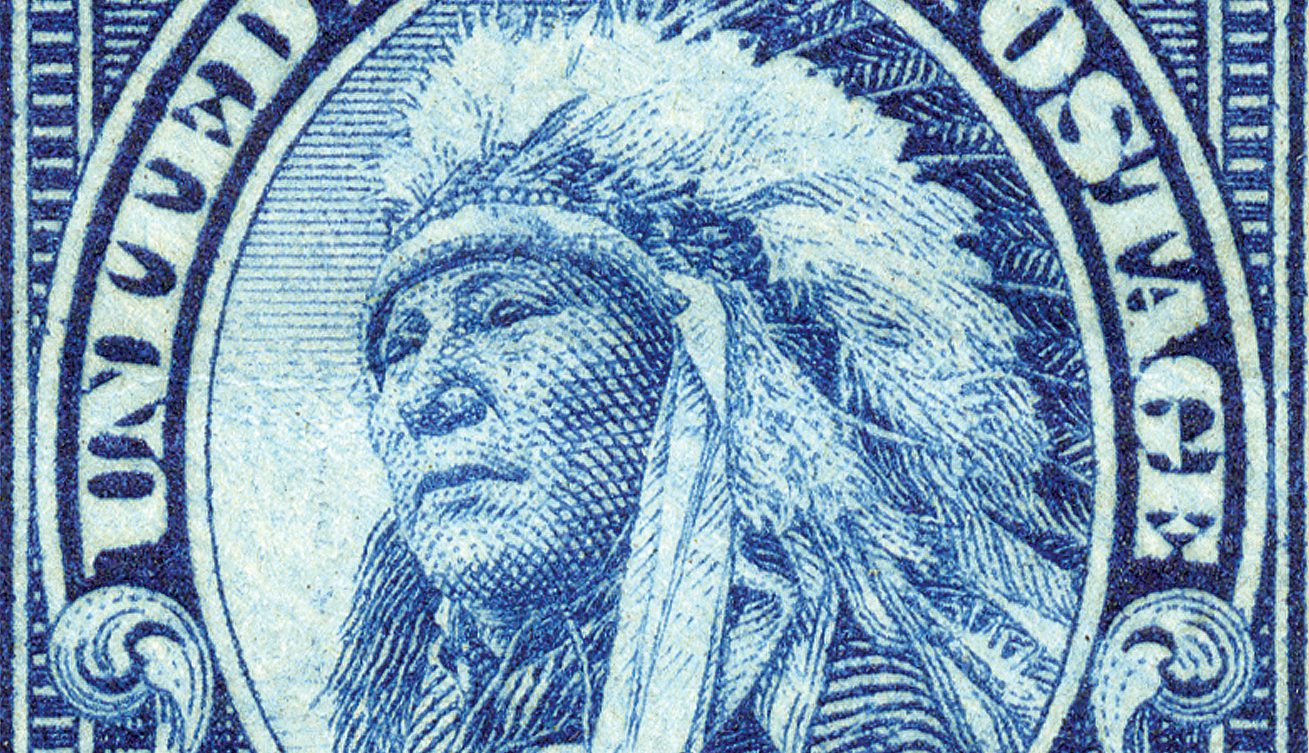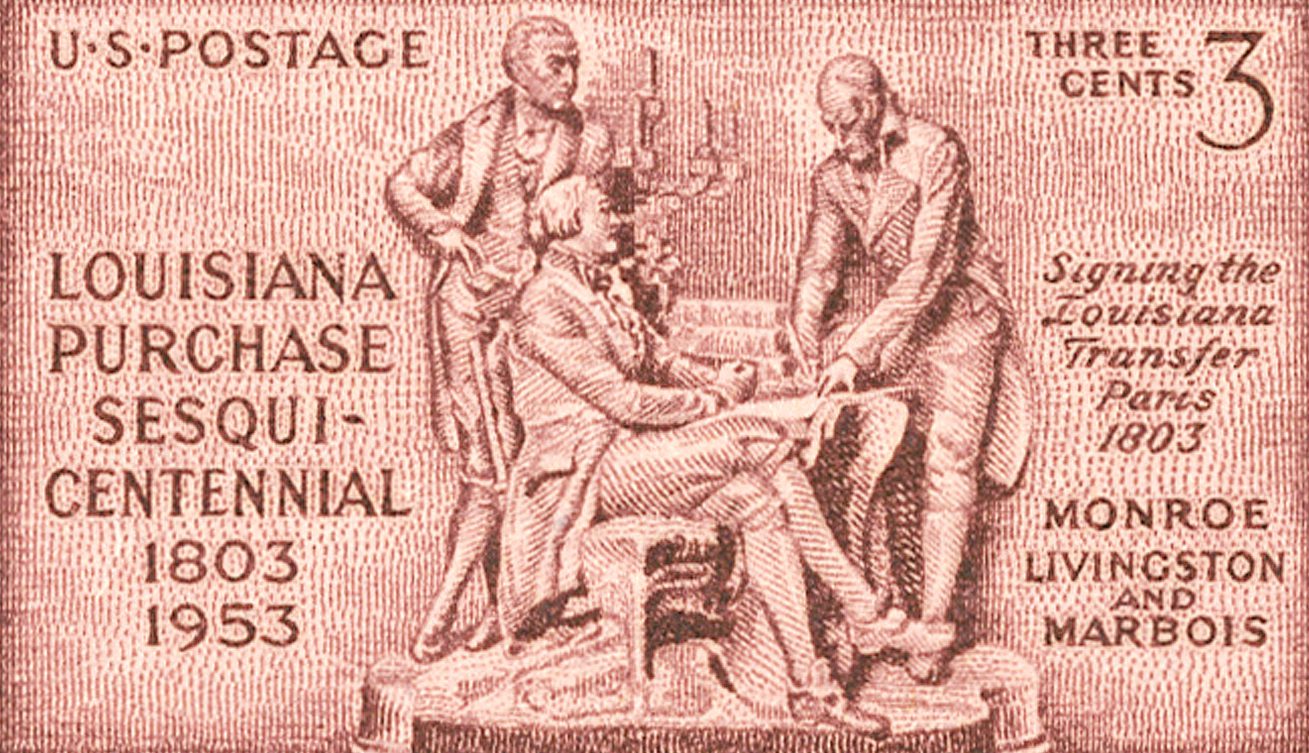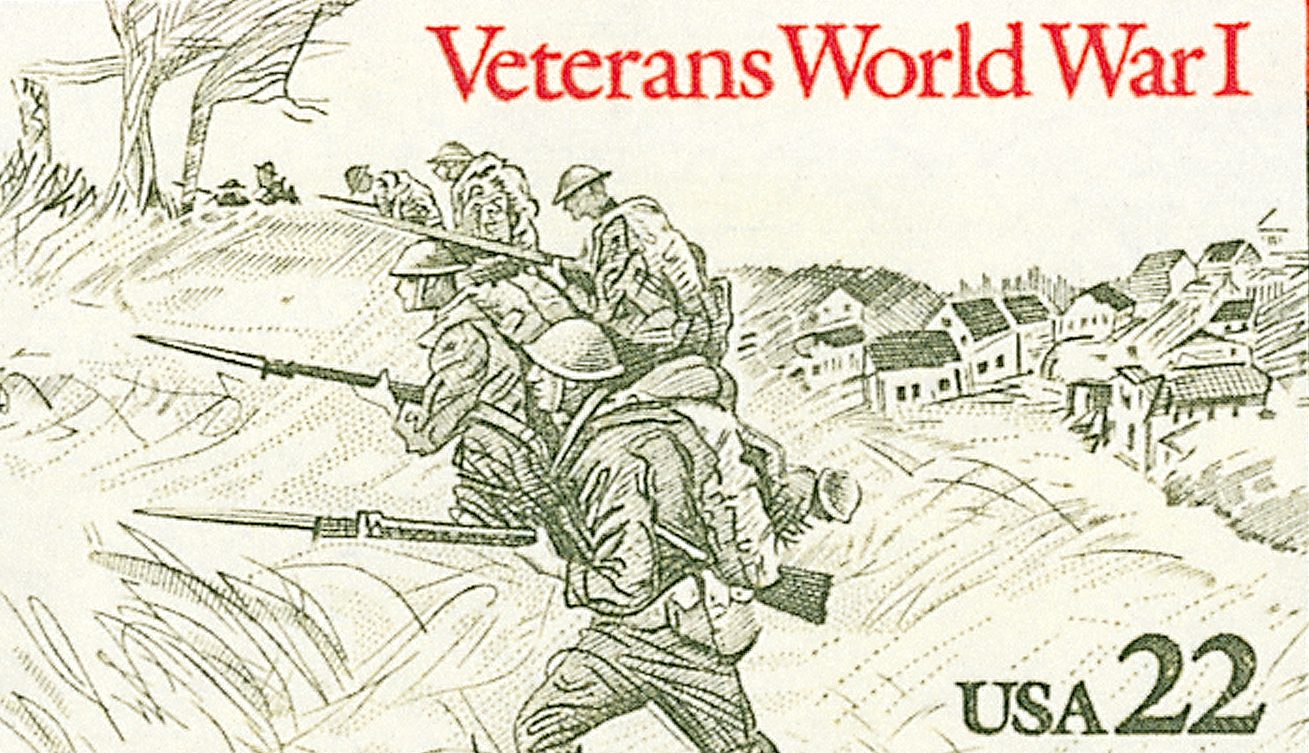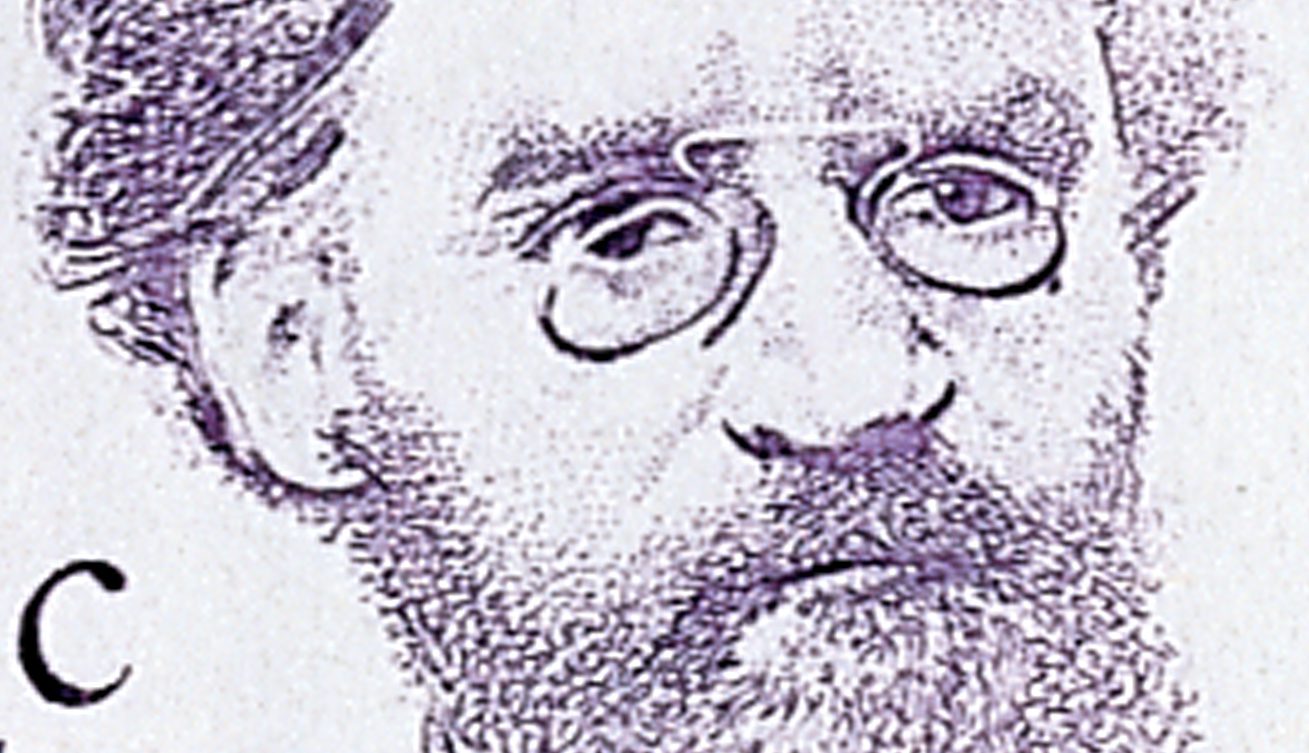Death of Hollow Horn Bear
Hollow Horn Bear died on March 15, 1913. A Brulé Lakota chief, he fought during the Sioux Wars, including the Battle of Little Big Horn, and became a spokesman for his tribe.

Hollow Horn Bear died on March 15, 1913. A Brulé Lakota chief, he fought during the Sioux Wars, including the Battle of Little Big Horn, and became a spokesman for his tribe.

On March 10, 1804, the US flag was raised over St. Louis, marking the completion of the Louisiana Purchase. This day, along with March 9, is known as Three Flags Day.

On March 9, 1862, the USS Monitor and CSS Virginia (formerly USS Merrimack) fought in the first battle between two ironclad warships. The battle changed naval warfare around the world, as major navies halted construction of wooden ships to build iron monitors.

Harvey Thomas Dunn was born on March 8, 1884, near Manchester, South Dakota. Dunn was influenced all his life by the South Dakota prairie where he was born. He once said that he preferred painting pictures of early South Dakota life to any other subject.

Carl Christian Schurz was born on March 2, 1829, in Liblar, Prussia, Germany (present-day Erftstadt). Schurz commanded forces during the Civil War, reformed the Civil Service and was a vocal proponent of forest preservation.

On February 19, 1945, the Battle of Iwo Jima began. It was one of the bloodiest of the whole war, with over 44,000 combined casualties.

On February 16, 1862, Ulysses S. Grant scored an important and morale-boosting victory at the Battle of Fort Donelson. Grant captured more soldiers in that one battle than all American generals combined up to that time.

On February 15, 1946, the Electronic Numerical Integrator and Computer (ENIAC) was unveiled to the public. It’s considered the first general-purpose electronic digital computer.

On February 6, 1778, Delegates of King Louis XVI of France and the Second Continental Congress signed a Treaty of Alliance, promising military support to each other. French aid and manpower contributed to America’s ultimate victory in the Revolution.